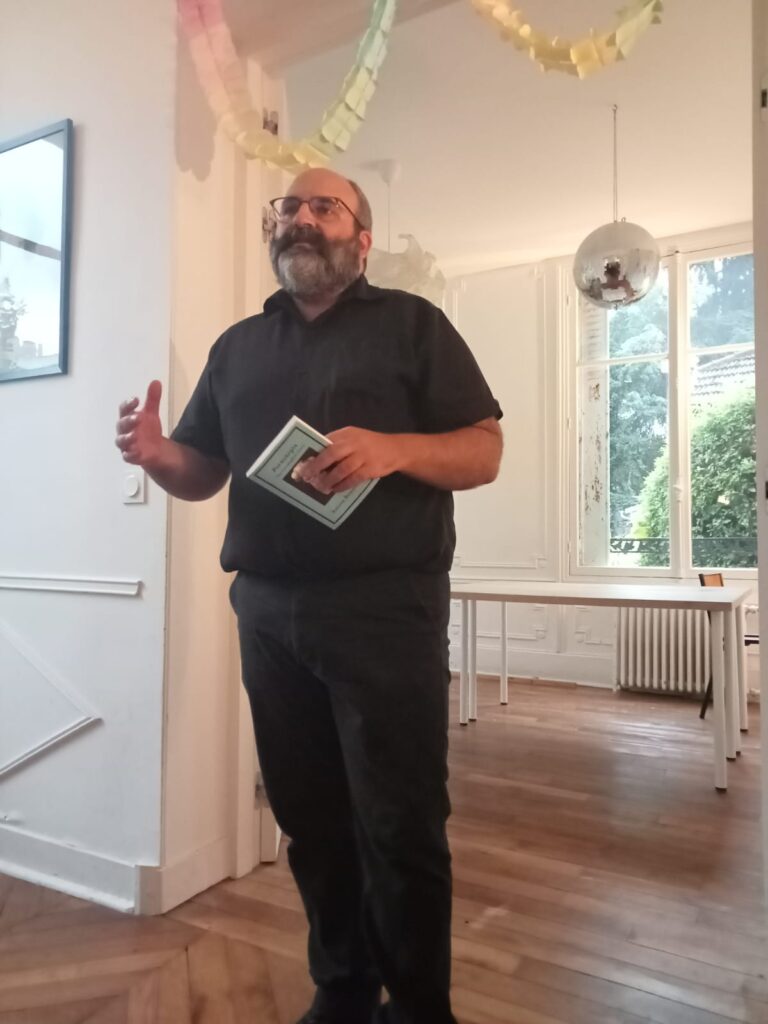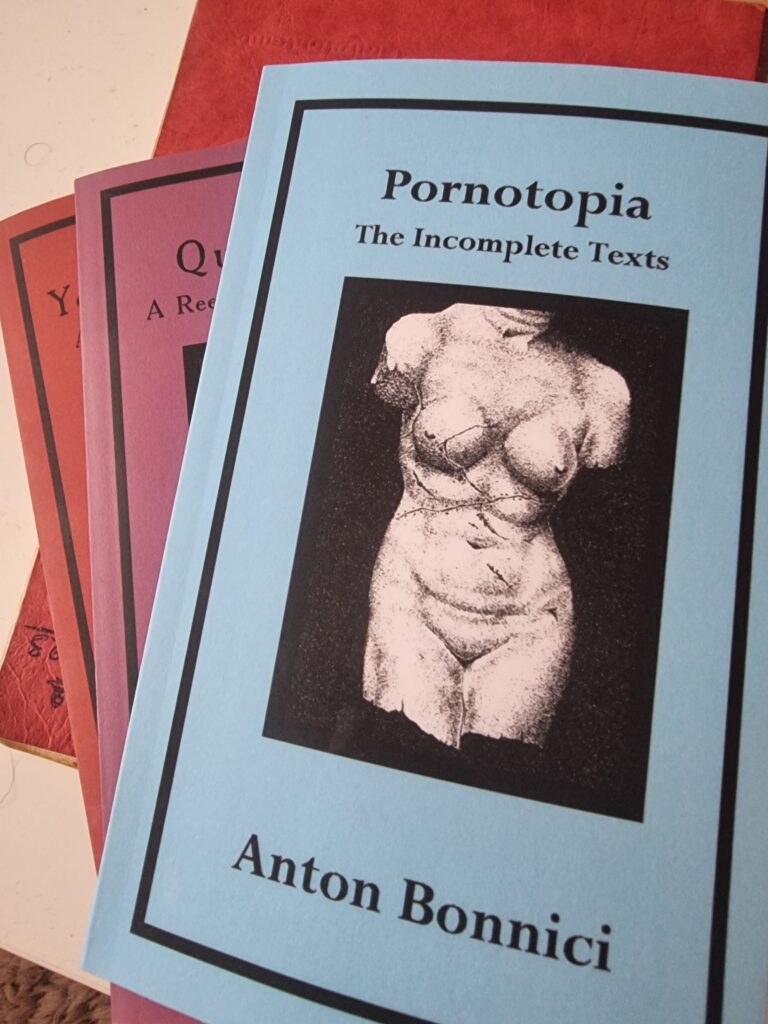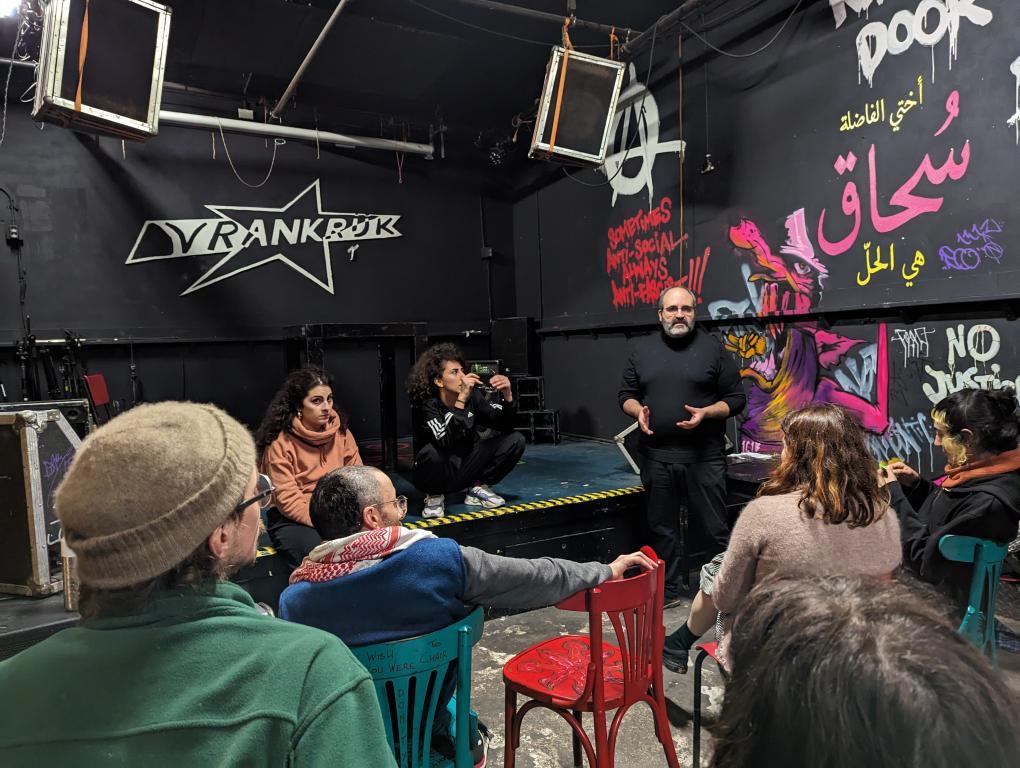The journey of discovering one’s creative passion is often filled with unexpected turns and moments of inspiration. For Anton Bonnici, a playwright and educator originally from Malta who now lives in Paris, the path to playwriting was deeply personal and intertwined with his family history. Reflecting on his experiences, Anton shares valuable insights into the world of playwriting, creative processes, and the transformative power of theater.
A Creative Journey from Malta to Paris
Anton’s creativity emerged early in life, with his first instincts towards playwriting came during his teenage years in Malta. His father’s involvement in theater inspired a natural curiosity, one that lay dormant until Anton moved to Paris. It was in the City of Light that Anton rediscovered his passion, by participating in collaborative theater festivals. These opportunities reignited a spark within him, driving him to dive into playwriting as a serious endeavor.

Crafting Process: From Scribbles to Scripts
Anton describes his playwriting process as a dynamic, ongoing journey, one that involves drafting multiple ideas and rewriting extensively. He emphasizes the importance of drafting by hand before typing, this allows his creative ideas to evolve naturally. Over time, Anton’s process has become more refined, each play takes about a year to a year and a half to complete. The multi-layered creative process is one of juggling several ideas and projects simultaneously, embracing new inspirations, and allowing them to surface organically.
The Finished Product: Knowing When It’s Done
Determining when a play is complete can be challenging. Anton stresses the necessity of multiple rewrites and the value of conducting readings to gather feedback. These collaborative sessions inform any necessary rewrites and shape the play’s final form. For Anton, a play is finished when it effectively raises questions, provokes discussion, and resonates with audiences, all while maintaining focus on key themes without overwhelming the narrative with excessive elements.

Theater vs. Cinema: Exploring Distinct Mediums
There are many nuanced differences between theater and cinema. For Anton, playwriting captures the immediacy and intimacy of live performances, fostering direct audience-actor engagement. Playwriting emphasizes dialogue and storytelling in real time, whereas cinematic scripts capitalize on visual storytelling, taking audiences into unexplored vistas through the camera’s lens.
The Emerging ‘Not Theater’ Theory
With hopes of dismantling traditional theater barriers, Anton is exploring the concept of “Not Theater,” which aims to dissolve the separation between performers and audiences. Through workshops and collaborative experiences, Anton envisions a space where theater professionals and enthusiasts alike engage creatively, breaking down the conventional walls of theater and fostering shared artistic expression.
Political Engagement Through Theater
Anton Bonnici’s workshops also venture into political realms, inspired by the methodologies of Bertolt Brecht and Augusto Boal. Using theater as a tool for social change, Antons aims to democratize the theatrical space, encouraging active audience participation in problem-solving and discussion. This engaged form of storytelling transforms audiences from passive observers to active participants in the creative process.

Encouraging Playwriting: A Call to Action
Anton encourages people to embrace playwriting as a means of expression, creativity, and fun. He dispels the notion that theater is an elite art form, urging individuals to write and perform not just professionally but recreationally, with friends and family. Theater can be an accessible and therapeutic outlet for storytelling, fostering connection and understanding.
Creativity: The Human Ability to Innovate
For Anton Bonnici, creativity is the essence of human ingenuity—the ability to form new connections and envision alternatives. Creativity drives innovation, problem-solving, and discovery across all fields, including science, and remains a vital human quality. Anton encourages aspiring writers and creators to read extensively, explore diverse perspectives, and continue experimenting with new methods to nurture their creative spirit.
Connect with Anton Bonnici
Those interested in following Anton’s work can connect with him on Instagram or check out his websites for updates on upcoming workshops and projects. For his Writing for the Stage workshop, you can visit this website. For more information about his plays and his own writing, check out the Opiate Books here and for more information about his Paris Writers Collective, visit this website. With ongoing projects and collaborations both online and in Paris, Anton offers numerous opportunities for individuals to engage with his innovative approaches to theater and creative writing.





